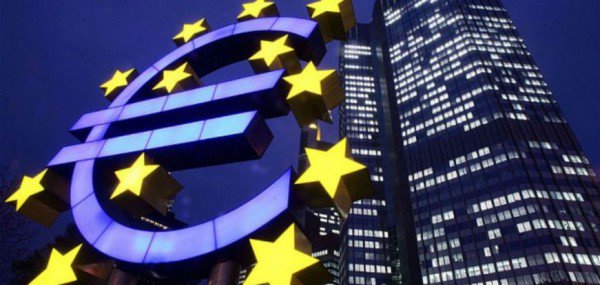ECB expects Eurozone economic recovery to be gradually

The ECB ensures, in the monthly bulletin, that "Domestic demand remains supported by the pass-through of the monetary policy measures to the real economy".
Although it provides for economic growth for next year, it will take place at a gradual pace.
"Moderate global growth continued in the first half of 2016. Looking ahead, global growth is expected to recover gradually. Low interest rates, improving labour markets and growing confidence support the outlook for advanced economies, although the uncertainty generated by the referendum in the United Kingdom on EU membership will weigh on demand in that country.
As regards emerging market economies, economic activity in China is expected to slow, while the outlook for large commodity exporters remains subdued, despite some tentative signs of stabilisation. Risks to the outlook for global economic activity remain on the downside."
In addition, the budget policy in the eurozone should be slightly expansionary in 2016, although largely unchanged in 2017 and 2018. However, the economic recovery in the Eurozone should be slowed if not yet subdued by foreign demand – in part related to the uncertainty following the outcome of the referendum on Brexit ".
As for inflation, the report confirms that, supported by ECB monetary policy measures and the expected economic recovery, the rate is expected to rise further in 2017 and 2018.
As for individual countries, the ECB shall invite the high-debt countries to correct their accounts.
In this scenario, the Frankfurt Institute expects that interest rates remain at present or lower levels until spring 2017 and that the QE – 80 billion euro per month – will continue until March next year "or even beyond if necessary." the Council will remain "vigilant" and "ready to act", the Eurotower assures, confirming the words of Governor Mario Draghi.

